► Session 1a : Commerce et changement climatique
(Présidée par Jiahua PAN)
Le changement climatique est un problème mondial et, selon certains, un “mal” public mondial. La collaboration internationale est donc fondamentale pour proposer une réponse politique efficace à ce phénomène. Or, le Protocole de Kyoto offre trois mécanismes de partage des responsabilités : le Mécanisme de Développement Propre (MDP); la Mise en Œuvre Conjointe (MOC), et les Crédits d’Emissions. Cette session explore le rôle controversé des pays en développement dans la résolution des problèmes couverts par le Protocole de Kyoto. Plus précisément, elle se propose d’examiner comment les politiques et les méthodes de lutte contre le changement climatique pourraient être adaptées au contexte d’un pays en développement, notamment en promouvant davantage l’application du Mécanisme de Développement Propre et le renforcement de la collaboration en matière d’échanges carbone.
Jiahua PAN, Director, Urban Development and Environment Research Center, CASS (EN)
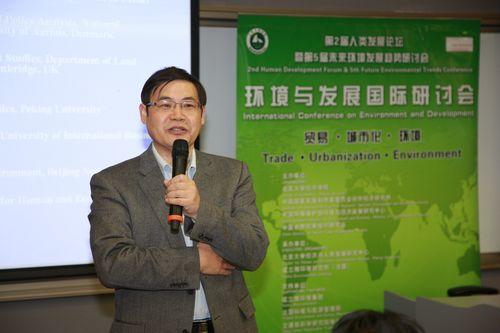
Pan Jiahua makes some research in environmental economics, sustainable urbanization, global change and the world economy and sustainable developing economics. He has published more than 200 papers, written four monographs and one translation. He edited three large-scale international comprehensive assessment reports and essays. Among them, a paper and a monograph got the excellent achievement of the first award and the second award of Chinese Academy of social Sciences. A series of books Pan Jiahua took part in as the editor got awards of National Scientific and Technological Progress.
Muthukumara MANI, Senior Environmental Economist in the World Bank's Environment Department (EN)

He has Ph.D. and M.A. in Environmental Economics from the University of Maryland, College Park and M.A. in Economics from Loyola College, Madras, India.
His research has focused on pollution prevention
policy, natural resources management, environmental
taxes, environmental institutions and governance, and trade and environment issues. His work has appeared in the journals such as Journal of Development Economics, Economic Development and Cultural Change, Environment and Resource Economics, Land Economics, World Economy, Public Choice, and The Journal of Environment and Development. He has also co-authored several policy research working papers for the World Bank and the International Monetary Fund.
Prior to joining this position, he was an Economist in the Fiscal Affairs Department of the International Monetary Fund, where he was responsible for analyzing environmental implications of macroeconomic policies and programs and in integrating environmental considerations broadly in the country programs. Prior to joining the International Monetary Fund, he was with the World Bank and his work as an Environmental Economist encompassed policy research, training and capacity building, and projects and program evaluation.
Fulai SHENG, Senior economist, UNEP’s Economics and Trade Branch (EN)
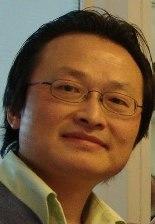
His areas of expertise include integrated policymaking, international payments for ecosystem services, and integrated economic and environmental accounting. Currently, he is leading a UNEP technical team on a global green economy initiative. Sheng holds a Masters degree in economics from the Shanghai University of Finance and Economics. Over the last twenty years, he has served the Chinese Ministry of Finance, the World Bank, the World Wide Fund for Nature, and Conservation International. His major publications include: Real Value for Nature – An Overview of Global Efforts to Achieve True Measures of Economic Progress; Comparative Assessment of Development Options; Macroeconomic Policies, Poverty and the Environment (co-author); Rights, Wants and Needs: Economic Instruments and Biodiversity Conservation; and Integrated Policymaking for Sustainable Development (co-author).
Liucai ZHU, Research Fellow, Center for Human and Economic Development Studies, China (EN)
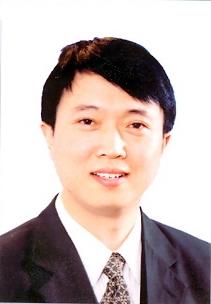
► Session 1b : Villes durables
(Présidée par Suocheng DONG)
La nécessité de relever les défis environnementaux et de répondre aux besoins d’une population croissante a entraîné une évolution du fonctionnement de la ville. Les réglementations sur les rejets admis dans l’écosystème, (air, sol, eau) s’étant durcies, on attend désormais des collectivités locales une gestion responsable de la ville et un encouragement à l’adoption de modes de vie durables. Qu’il s’agisse de l’eau ou de la gestion des déchets, les villes sont invitées à réduire leur impact, à éviter le gaspillage et à limiter les pollutions. Cette transformation suppose l’abandon d’un modèle linéaire dans lequel la ville est un consommateur de ressources et un producteur de déchets, au profit d’un modèle circulaire et plus intégré qui transforme les déchets en ressources et développe des technologies alternatives. L’évolution vers une gestion respectueuse de l’environnement requiert la coopération de tous, gouvernements, entreprises, communautés, experts, etc.
Terry MC GEE, Former Director, University of British Columbia, Canada (EN)
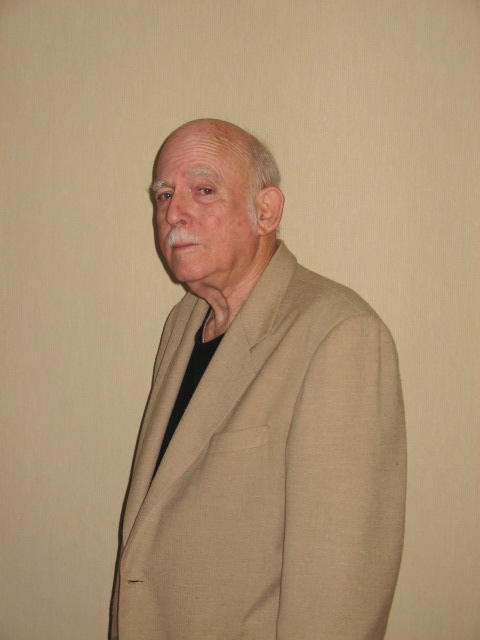
Hongchun ZHOU, Division Chief Research Professor, Development Research Center of the State Council, China (EN)
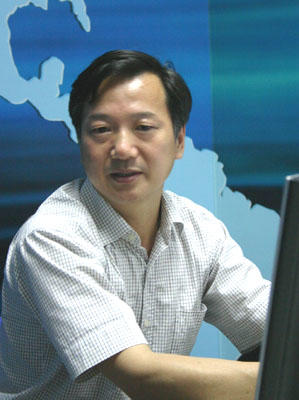
ZHOU Hongchun is Director at the Development Research Center of the State Council (Environmental Services industry). Dr. Zhou Hongchun is a professor and the Director of the Department of Social Development Research Center (DRC) of the State Council.
In 1992 after getting PhD, he worked in Social Department of former State science and technology Commission, engaged in management of projects of science and technology. From 1993-1997, he worked in Administrative Center of China’s Agenda 21. During this period, he participated to formulate China’s Agenda 21, Report on Country Report of Sustainable Development etc. In 1997, he was moved to DRC, engaged in researches on theories of sustainable development, industry and policy, policies for environmental protection, circular economy etc. Dr. Zhou has published numerous papers in academia, books and reports for the government, collaborated several books, completed many research subjects supported by National Social Sciences Foundation of China, National Natural Science Foundation of China, or by the State Council, National Development and Reform Commission, Ministry of Finance of PRC, Ministry of Science and Technology, DRC, Beijing Municipal Science and Technology Commission, etc., undertaken ten international cooperation projects and consultation tasks of UNEP (United Nations Environment Program), World Bank, UNDP (United Nations Development Program), WWF (World Wide Fund for Nature), Germany etc.
Manfred FISCHEDICK, Director, Wuppertal Institute for Climate, Germany (EN)

Manfred Fischedick has more than 15 years experience in energy system analyses, he is author of different books and per reviewed articles, member of several scientific boards and has different lectures in the field of energy and environmental science (for example: University of Wuppertal and Kassel).
Suocheng DONG, Director of Regional Eco-economic Research and Planning Center, Chinese Academy of Sciences (EN)
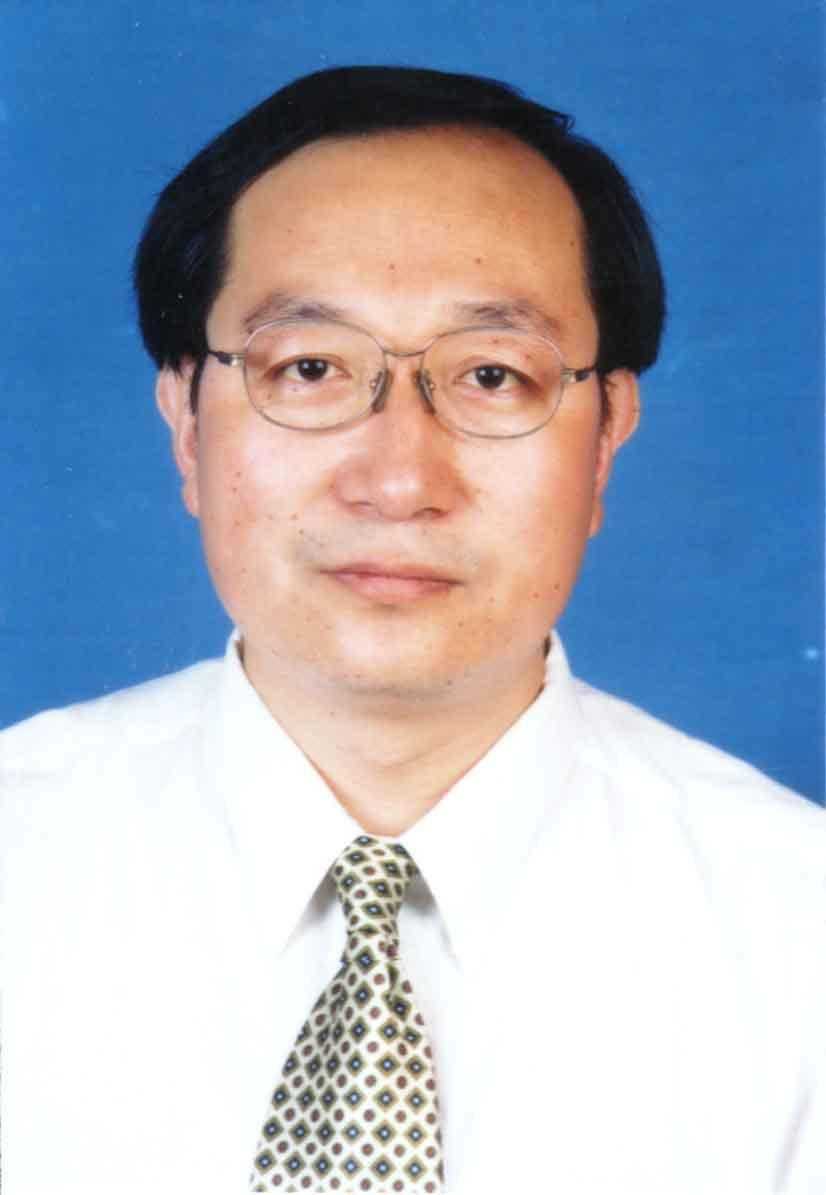
Shaoyao NIU, Former Vice-chairman of Yun Nan Province National People's Committee (EN)
► Session 1c : Environnement urbain et santé
(Présidée par Jennifer Holdaway)
La qualité de l’environnement urbain est appelée à jouer un rôle croissant pour la santé publique dans la mesure où les villes pourraient bientôt concentrer les risques environnementaux et sanitaires émergents. Par conséquent, le suivi des impacts sur la santé des sources de pollution urbaines (air, eau, etc.) et leur maîtrise s’imposent. Intégrer la gestion de la santé et de la pollution urbaine dans les villes peut contribuer à prévenir des problèmes environnementaux porteurs de risque. Les villes pourront contribuer au bien-être de l’homme si elles parviennent à protéger la santé des citadins et à relever les défis que sont notamment l’accès à l’assainissement, la gestion des déchets, la pollution de l’air intérieur et extérieur.
Jennifer HOLDAWAY, Program Director, Social Science Research Council, USA (EN)
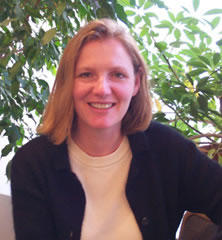
Steven ALLENDER, Senior Researcher, Department of Public Health, University of Oxford, UK (EN)
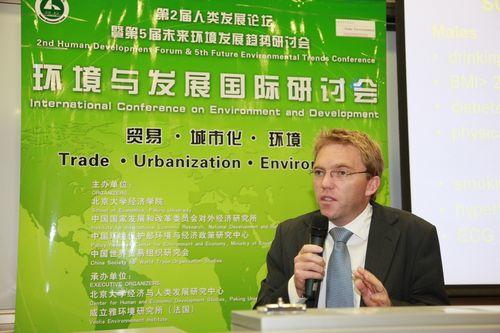
Steve joined the British Heart Foundation Health Promotion Research Group in July 2005. Before that he was a Research Fellow at the University of Oxford Department of Public Health, where he was responsible for the Occupational Health Services in Higher Education study, a UK wide study of occupational health service provision in UK universities. He has also worked on the epidemiological study of Porton Down Veterans and taught research methods, health promotion and discourse analysis on a number of courses.
Steve works on the Coronary heart disease statistics project and is also collaborating with Deakin University.
Kam Wing CHAN, Professor, Deptartment of Geography, University of Washington (EN)
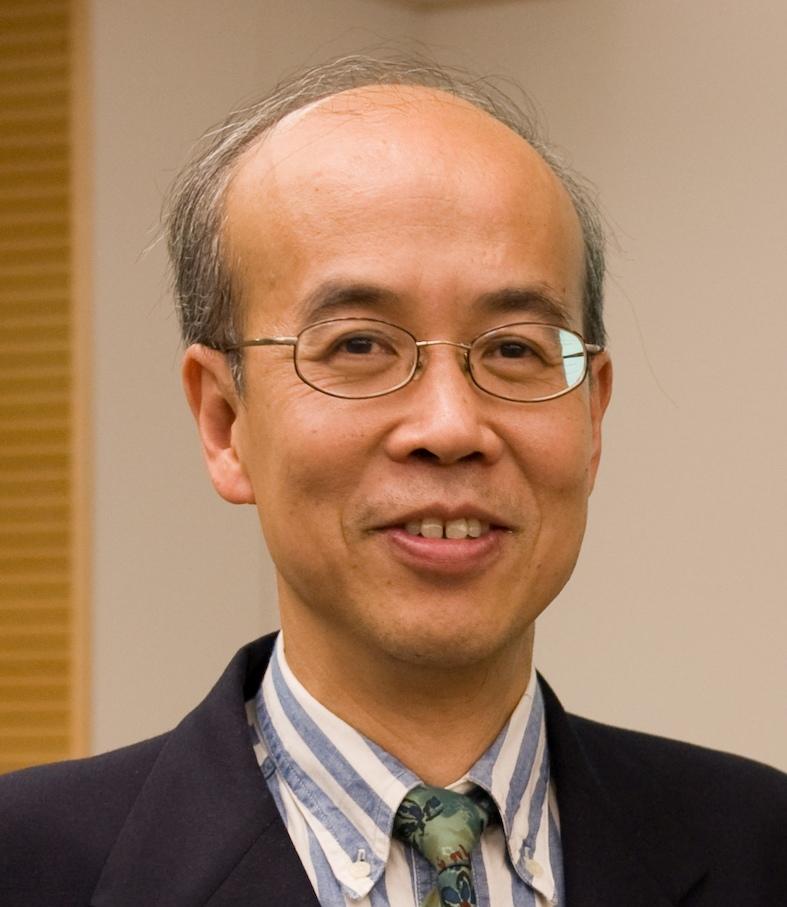
Kam Wing Chan is Professor in Geography at University of Washington. He received his PhD from the University of Toronto. He is the author of Cities with Invisible Walls: Reinterpreting Urbanization in Post-1949 China (Oxford University Press, 1994) and some 60 articles and book chapters on China¡¯s urbanization, cities, migration, urban labor market, and the hukou (household registration) system. He has also served as consultants for the United Nations, World Bank, Asian Development Bank, International Labor Organization, and McKinsey & Co. and worked with various branches of the Chinese Government on a number of policy projects related to urban development and migrant labor. His recent research focuses on Chinese cities, migration, employment, the hukou reforms, and the spatial economy.
Minquan LIU, Professor and Director, School of Economics, Peking University (EN)
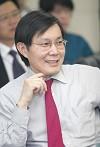
In addition to being the Director of CHEDS, Dr. Minquan Liu is also the Director of the Department of Environmental, Resource and Development Economics, which is part of the School of Economics, PKU. Over the past decade, he has worked on over 20 important research projects, focusing on problems in the Chinese countryside (especially Rural Finance and infrastructure investment) and Foreign Direct Investment.
After graduating from Oxford University with a doctoral degree in Economics, Dr. Liu spent a number of years working at academic institutions in the UK, including Cambridge University and Leicester University, where he was a Lecturer in Economics. In 1999, he returned to China to take up a post as Professor of Economics at the Hopkins-Nanjing Center, Johns Hopkins University. He started lecturing at PKU in 2005. As a result of his sustained focus on issues relating to living standards and conditions, his interest and research direction have shifted into human development-related fields, including theoretical and practical research, especially the relationships between economic development and the development of social sectors such as health, education and the environment. Through the establishment of the Center for Human and Economic Development Studies (CHEDS), Dr. Liu hopes to advance the cause of human development in China.
Wuyi WANG, Researcher, Institute of geographic sciences and natural resources research (EN)
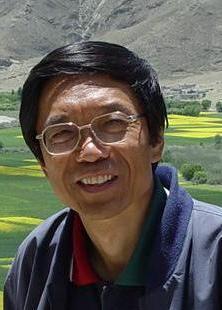
Interventions des conférenciers (Sessions : 1a, 1b, 1c)
► Session 2a : Politique Commerciale verte
(Présidée par HU Tao)
Les questions touchant au commerce sont étroitement liées à celles qui relèvent de l’environnement. Un commerce non durable ne fera qu’exacerber la pollution de l’environnement, tandis qu’un environnement fortement pollué aura un impact négatif sur le développement des échanges commerciaux. Des politiques commerciales vertes sont donc essentielles pour assurer le développement harmonieux du commerce et de l’environnement. Une protection de l’environnement et des mesures commerciales appropriées devront être adoptées de manière à optimiser la structure du commerce, à ajuster le volume total des échanges commerciaux et à améliorer l’état de l’environnement. Cette session explore différentes questions allant des mesures commerciales vertes (y compris des mesures tarifaires et non tarifaires), à la fiscalité carbone en passant par les expériences de pays développés sur ces sujets.
Tao HU, Researcher, Environmental and Economics Policy Research Center, Minister of Environmental Protection (EN)
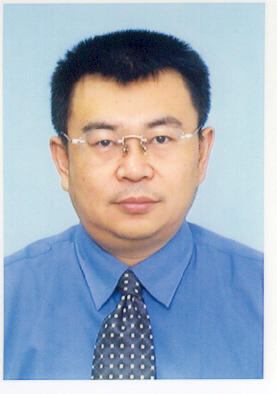
Dr. HU Tao is an affiliate Faculty Member of Business School of Oregon State University. Dr. HU Tao’s research topics cover environmental economics, policies and governance issue; globalization, trade and environment issue; and climate change mitigation issue.
Mikael SKOU ANDERSEN, Professor, University of Aarhus, Denmark (EN)
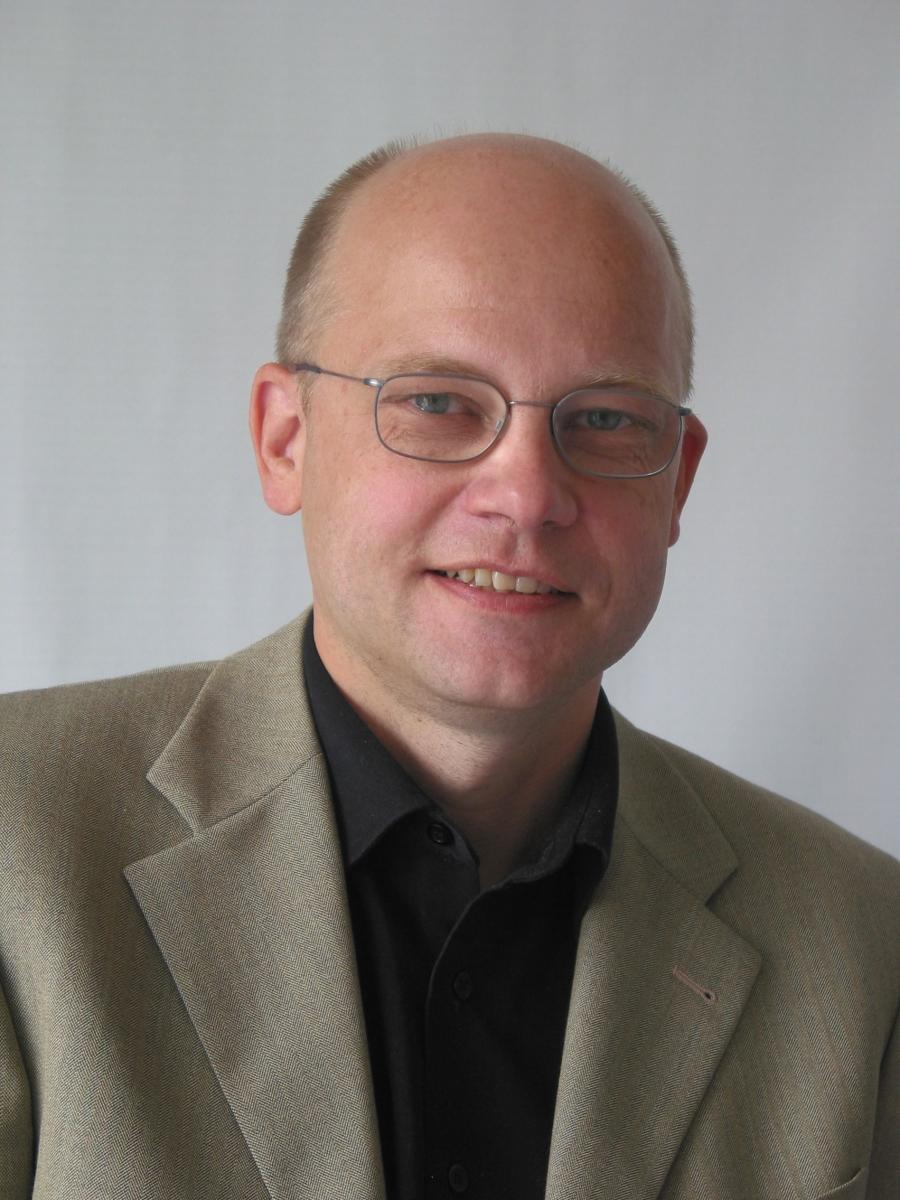
Yongmin BIAN, Professor, School of Law, University of International Business and Economics (EN)
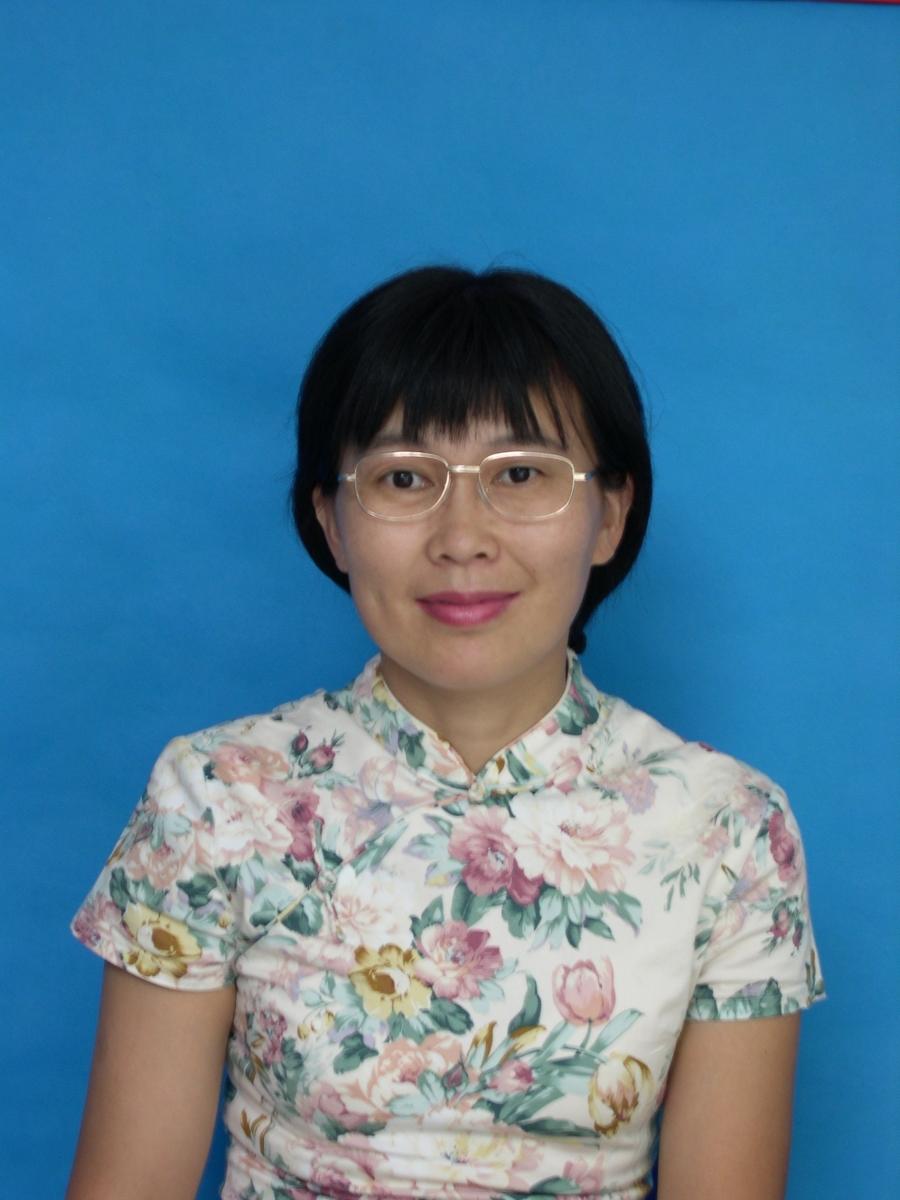
Prof. Yongmin Bian is a Professor in Public International Law and Environmental Law with the Law School of University of International Business and Economics, Beijing and a Legal Research Fellow with the Center of International Sustainable Development Law, Canada. She was once trained by the Institute of Social Studies of the Erusmas University in 1998 and was a Visiting Fellow of the Lauterpacht Research Center for International Law of the University of Cambridge in 2007. Her research interests focus on trade and environment, trade and labor, sustainable development issues in Free Trade Agreements. She serves in the Council of the China Academy of International Economic Law and the Council of Beijing Academy of International Law.
Shailaja FENNELL, Lecturer in Development Studies, University of Cambridge, UK

Shailaja Fennell is a University Lecturer in Development Studies attached to the Department of Land Economy, University of Cambridge and a Fellow of Jesus College. She was awarded her degrees of BA, MA and MPhil in Economics from the University of Delhi, and then went on to read for her MPhil and PhD at the Faculty of Economics and Politics, University of Cambridge. Her earlier research work has examined the long term trends in cereal production in China and India. She is currently an international leader of a project on public private partnerships in education within the DFID funded research consortium on educational outcomes and poverty (RECOUP) that is across four countries, Ghana, India, Kenya and Pakistan. Shailaja’s research interests include institutional and legal reform, agricultural transformation, provision of public goods, and the intersections between gender, kinship and ethnicity. She is working on a manuscript titled Grains, Growth, Governments and Globalisation: a political economy of agriculture.. Her recent publications include Rules, rubrics and riches: the relationship between legal reform, institutional change and international development (2009) Routledge, Gender Education and Development: conceptual frameworks, engagements and agendas (2007) Routledge (edited with M. Arnot), and 'The ethics of population control', in D. Clark, ed., Elgar Companion to Development Economics (2006).
Hongyan GUO, Research Fellow, Center for Human and Economic Development Studies, Peking University
Xianqiang MAO, Professor, School of Environment, Beijing Normal University
Dashu WANG, Professor, School of Economics, Peking University
► Session 2b : Mobilité
(Présidée par Jiang Yulin)
Cette session a été organisée en collaboration avec l’Institut pour la ville en mouvement
Dans un contexte d’urbanisation rapide et d’inquiétude croissante pour l’environnement, les acteurs locaux doivent intégrer ces contraintes et adapter l’organisation spatiale de la ville tout en offrant des solutions de mobilité innovantes. Depuis les transports publics (bus, tramways, etc.) jusqu’à la bicyclette en passant par le covoiturage, il importe de trouver des solutions alternatives au véhicule automobile privé, surtout dans les pays à urbanisation rapide. Ceci permettrait de soulager les encombrements de la circulation et de réduire la pollution atmosphérique tout en faisant de la ville un lieu plus durable et plus agréable à vivre.
Yulin JIANG, Director of the Urban Transportation Center, China Academy of Transportation Sciences (EN)
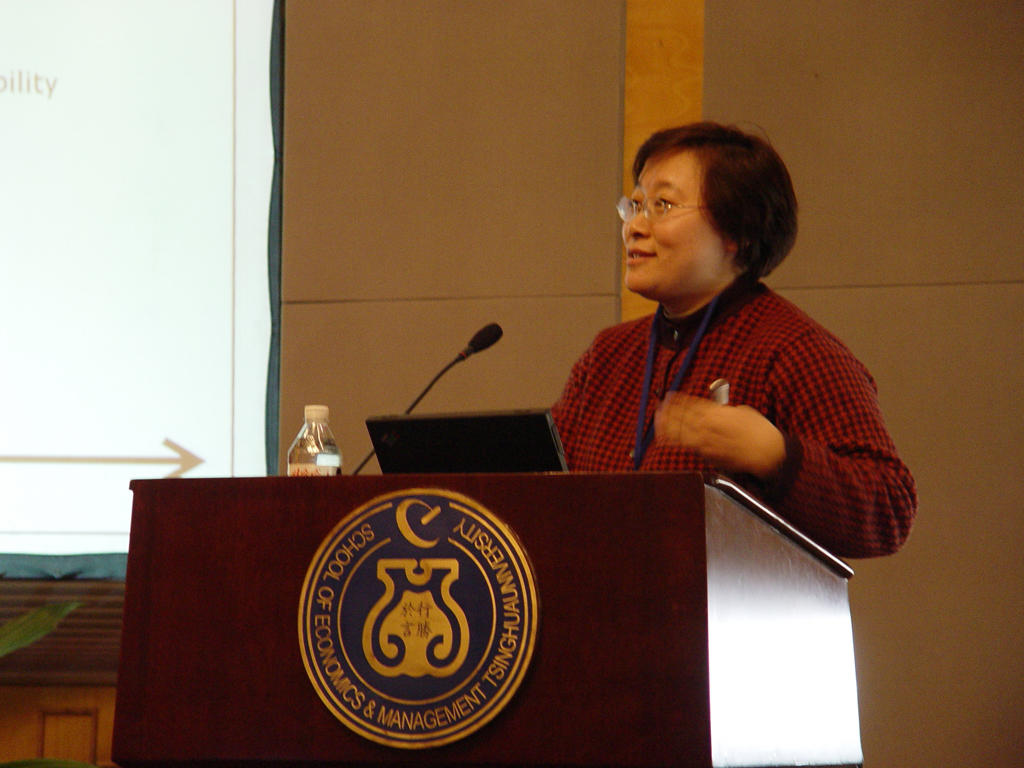
Dr. Jiang has led CUSTReC to international prominence by building strong partnerships with Chinese government agencies and international organizations, integrating interdisciplinary research and public outreach programs, and connecting research with education.
Daniel CUKIERMAN, CEO, Veolia Transport, Asia
François MOISAN, executive Director of Strategy and Research and Scientific Director, ADEME (EN)
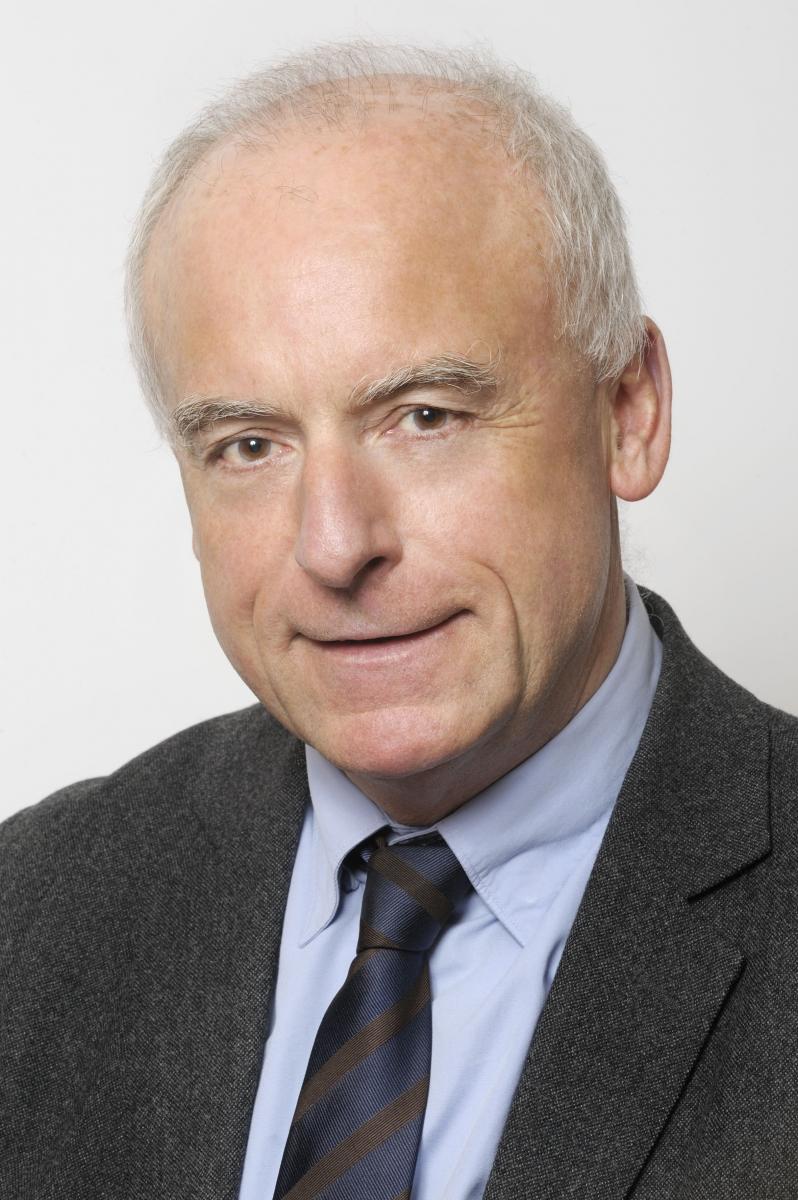
François MOISAN is executive Director of Strategy and Research and Scientific Director of ADEME, the French Agency on Environment and Energy Management. ADEME is in charge of implementing in France the “Grenelle de l’environnement” with several funds including the research demonstrators new fund (400 M€) for new energy technologies.
He joined the French Agency on Energy in 1982.
He was Chairman of IEA (International Energy Agency) energy efficiency working party (2002-2005) and Chairman of the European Council for an Energy Efficient Economy (ECEEE, sister of ACEEE).
He is Chairman of the Energy Efficiency Committee of World Energy Council. He was involved in Kyoto Protocol negotiation from 1997 to 2004. He is member of the International Partnership on Hydrogen Economy as French representative. François Moisan is Electrical Engineer and Doctor in Economic Science (Université de Grenoble)
Jean-François DOULET, Associate Professor, and Head of the China Programme, Institut pour la ville en mouvement (EN)
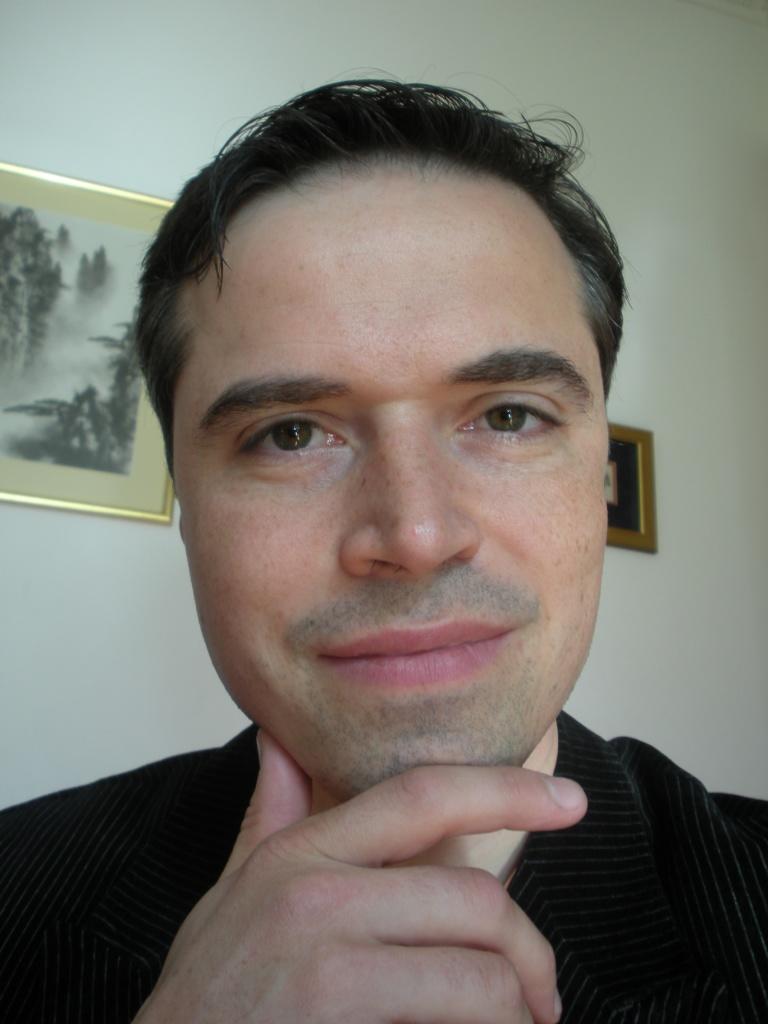
Jean-François Doulet, associate professor at the Paris Institute of Urban Planning, is the head of the Institut pour la ville en movement (City on the Move) China Programme (www.city-on-the-move.com). Member of Lab’Urba, he conducts international comparative research on innovation in transportation and mobility policies. China specialist, he has been watching urban change in China for more than 15 years. Jean-François Doulet recently launched a prize called “Better Mobility, Better Life” aiming at promoting innovative mobility solutions in Chinese cities.
Haixiao PAN, Professor, College or Architecture and Urban Planning, Tongji University
► Session 2c : Environnement et développement humain
(Présidée par Adil Najam)
Du point de vue du développement humain, la croissance économique est un simple outil qui permet de réaliser des aspirations sous-jacentes, celles du développement humain en tant qu’expansion des capacités humaines. Comment les préoccupations environnementales peuvent-elle être envisagées dans ce contexte ? Quelle matrice comptable employer pour que l’environnement puisse être pris en compte sous cet angle, et comment la comparer avec le paradigme PIB Vert ? Des communications portant sur le sens et sur les impératifs d’un développement humain durable, de même que des études empiriques des questions environnementales et de développement durable sous l’angle du développement humain sont également les bienvenues.
Adil NAJAM, Frederick S. Pardee Professor of Global Public Policy; Director, Pardee Center (EN)
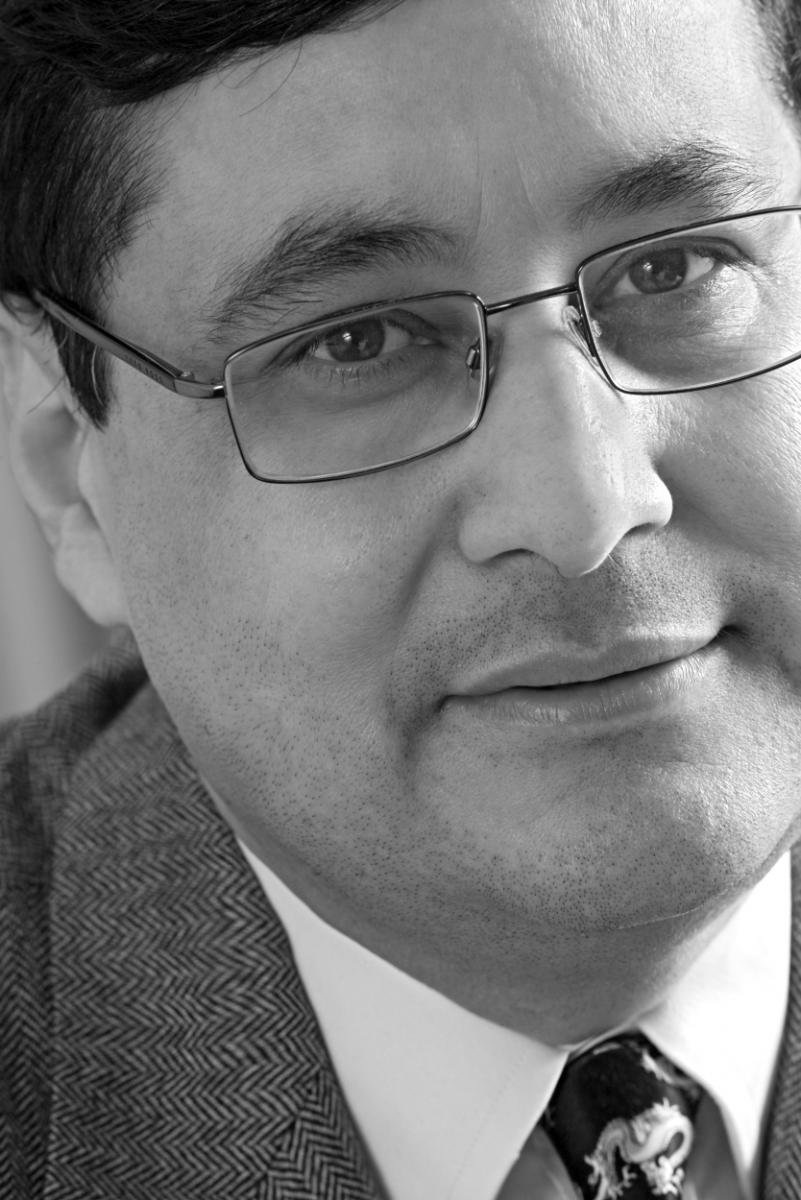
Prof. Najam was a lead author for the third and fourth assessments of the Intergovernmental Panel on Climate Change (IPCC), work for which the IPCC was awarded the 2007 Nobel Peace. In 2008 he was appointed by the UN Secretary-General to serve on the United Nations Committee for Development Policy (CDP). In 2009, the President of Pakistan conferred on him one of Pakistan’s highest civil honors, the medal Sitara-i-Imtiaz (SI), for his distinguished services to education and environment.
Sabina ALKIRE, Director, Oxford Poverty & Human Development Initiative Oxford (EN)

Her research interests include multidimensional poverty measurement and analysis, welfare economics, the capability approach, the measurement of freedoms and human development. Publications include ‘Valuing Freedoms: Sen’s Capability Approach and Poverty Reduction’, as well as articles in Philosophy and Economics. She holds a DPhil in Economics, an Msc in Economics for Development and an MPhil in Christian Political Ethics from Magdalen College, Oxford.
Ji XI, Research Fellow of Center for Human and Economic Development Studies (EN)
Julie NEWTON, Research Associate, Sustainable Communities, Cardiff University (EN)
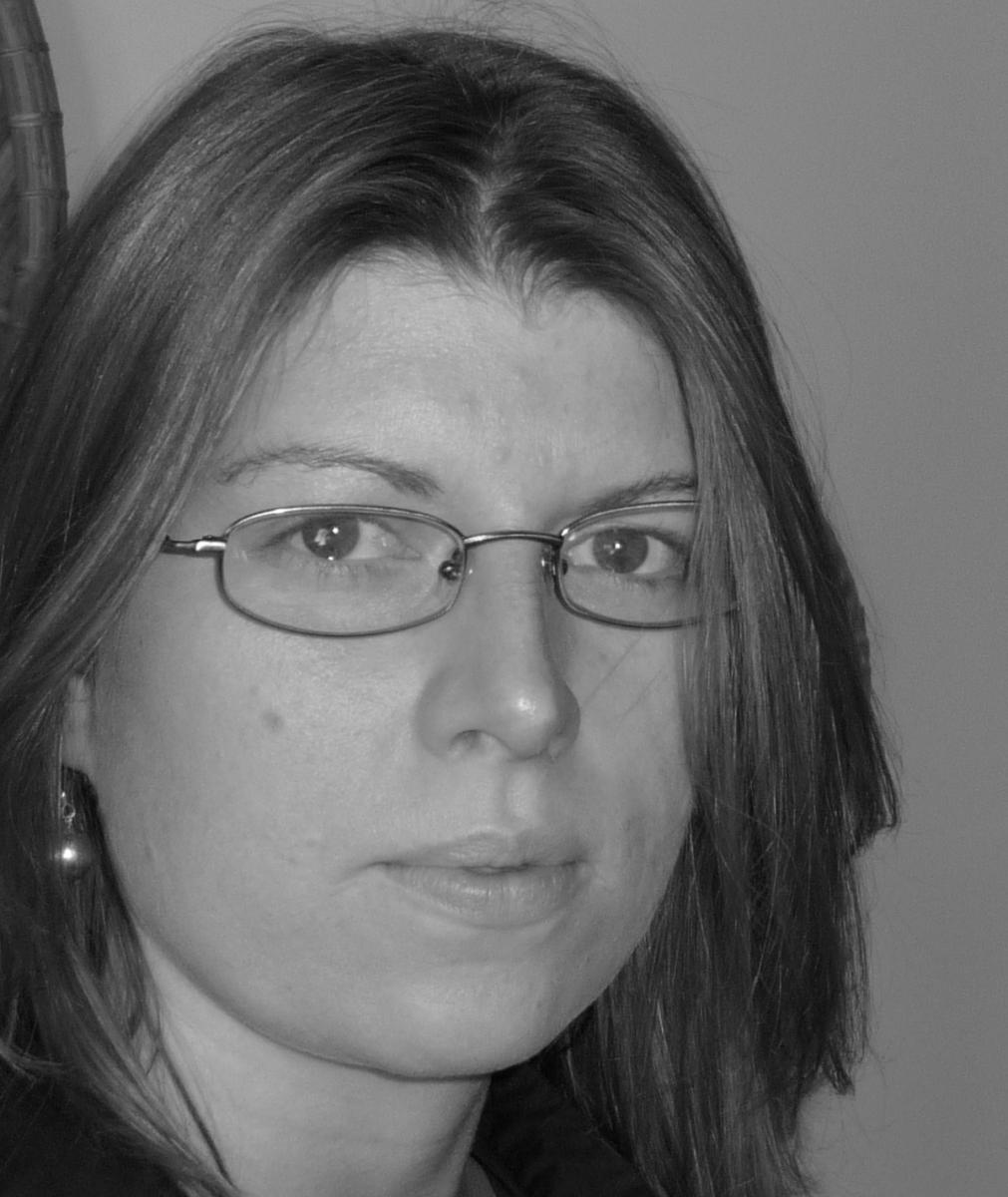
Prior to joining BRASS, she was a Research Officer at the Wellbeing in Developing Countries (WeD) research group (2004-2007), University of Bath dedicated to the study of poverty, inequality and quality of life in developing countries. The research focused on developing a conceptual and methodological framework for understanding the social and cultural construction of wellbeing in Bangladesh, Ethiopia, Peru and Thailand. In 2006, she worked in the UK government’s Sustainable Development Unit within Department for Environment, Food and Rural Affairs (Defra). The placement explored stakeholder engagement in developing policy based on evidence from wellbeing research. It specifically focused on integrating a wellbeing approach into sustainable development policy. At Defra she provided wellbeing expertise more generally and specifically on the development of a common understanding of wellbeing and wellbeing indicators used within the UK. It also involved research exploring the links between the natural environment and wellbeing. She continues to be a member of the UK wellbeing indicators group.
Interventions des conférenciers (Sessions : 2a, 2b, 2c)

